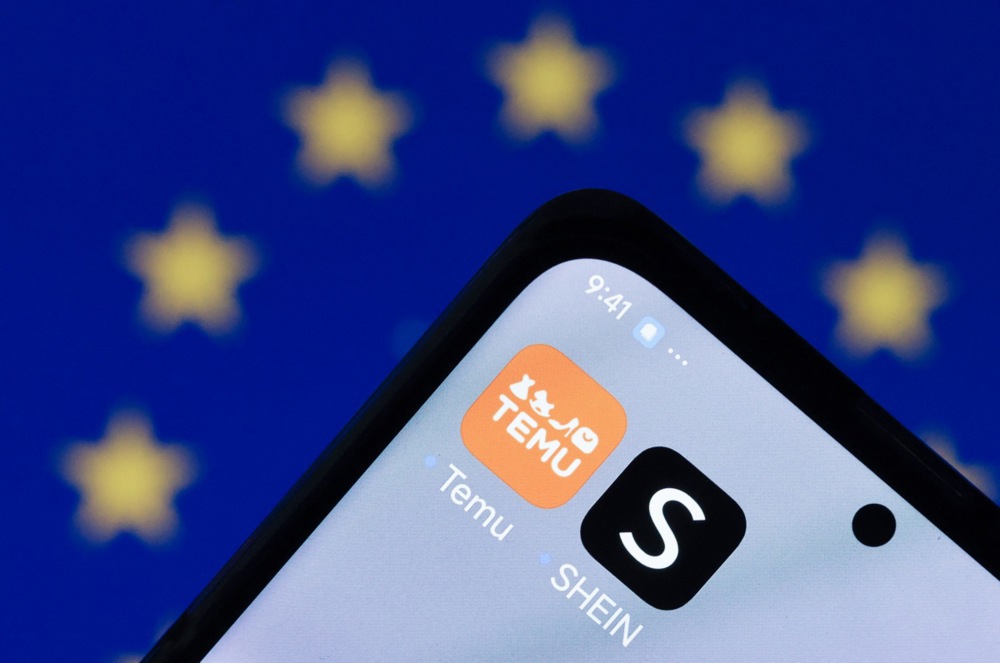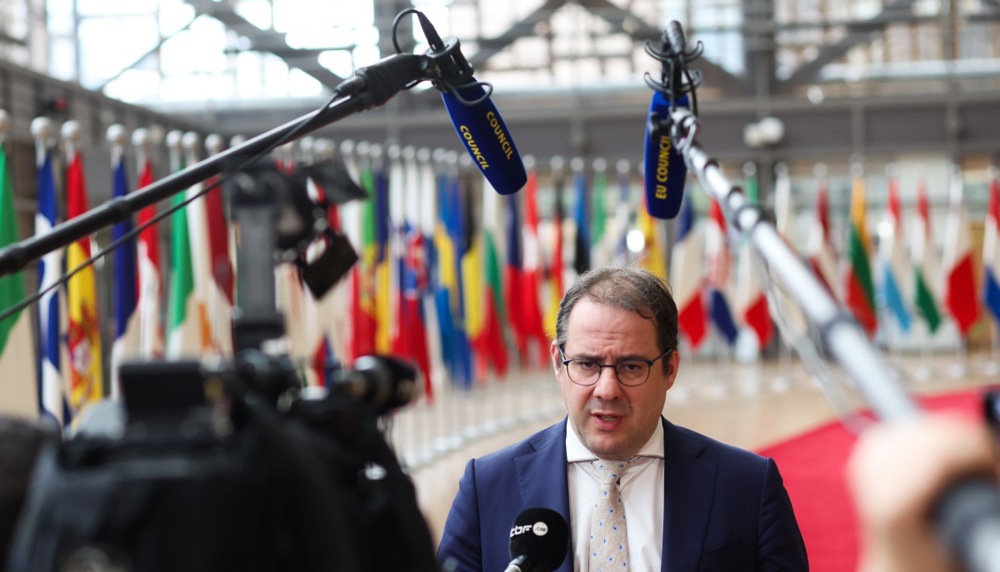Online giants including Amazon, Temu, AliExpress and Shein will soon have to take “responsibility” for the safety of the toys they sell in the European Union under new rules adopted this week.
The Internal Market and Consumer Protection Committee (IMCO) adopted the new Toy Safety Regulation on November 11.
It is aimed at banning hazardous substances, improving product traceability through a “digital product passport” and clarifying responsibilities throughout the manufacturing and distribution chain.
“This is an important step forward for children’s health and for fair competition within the European market,” said Renew MEP Yvan Verougstraete, a member of IMCO.
He added that the reform “puts an end to the irresponsibility of the very large online sales platforms”, which will no longer be able to claim they merely “host” third-party sellers.
Under the new regulation, platforms will have to verify that toys offered online meet EU safety standards. If a product is found to be dangerous or non-compliant, it must be withdrawn from sale throughout the Union, under penalty of sanctions.
“This text protects children, ensures that toys sold online and in shops meet the same requirements, and defends our European companies that already follow the rules,” Verougstraete said.
IMCO rapporteur European People’s Party (EPP) MEP Marion Walsmann said that, despite having “the safest toys in the world” in the EU, one in five are classified as dangerous and withdrawn from the bloc’s market.
The update is aimed at reducing risks from harmful chemicals, improve labelling including online and allowing the European Commission to respond faster to new scientific evidence.
It sends a strong signal for “protection of our children, fair competition and for Europe as a business location”, Walsmann said.
The update aligns with broader EU efforts to “simplify and accelerate chemical risk assessments”.
On the same day, the Council of the EU formally adopted the “One Substance, One Assessment” (OSOA) package, designed to co-ordinate evaluation of chemicals across multiple policy areas. They include toys, medical devices, food, pesticides and biocides.
The new law is intended to shorten the time between identifying potential risks and taking regulatory action, according to the EU Council.
A centralised data platform, to be managed by the European Chemicals Agency (ECHA), will serve as a one-stop source for information on chemical substances, integrating data from more than 70 pieces of EU legislation, the Council said.
Meanwhile outside the EU, academics in UK shared concern that its own standards could diverge from the bloc’s.
According to The Independent, some 50 scientists, academics and patient organisations recently warned the UK’s Minister for Consumer Protection Kate Dearden that British regulations risk falling behind those in the EU.
They pointed to cases of hormone-disrupting bisphenols in teething toys and PFAS – so-called “forever chemicals” found in polyurethane foam – as examples of substances that might still be permitted in the UK but be banned under new EU rules.





